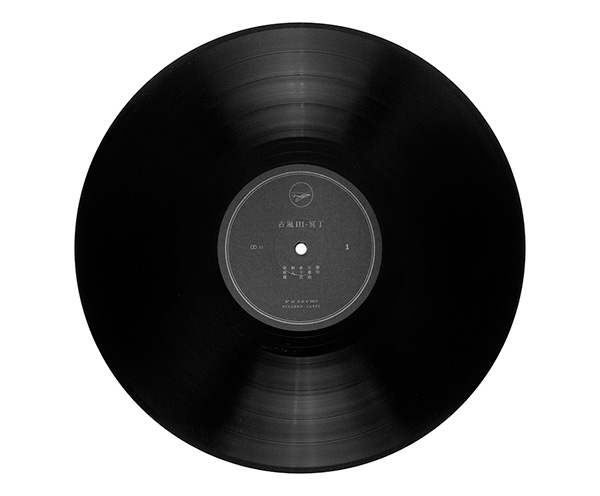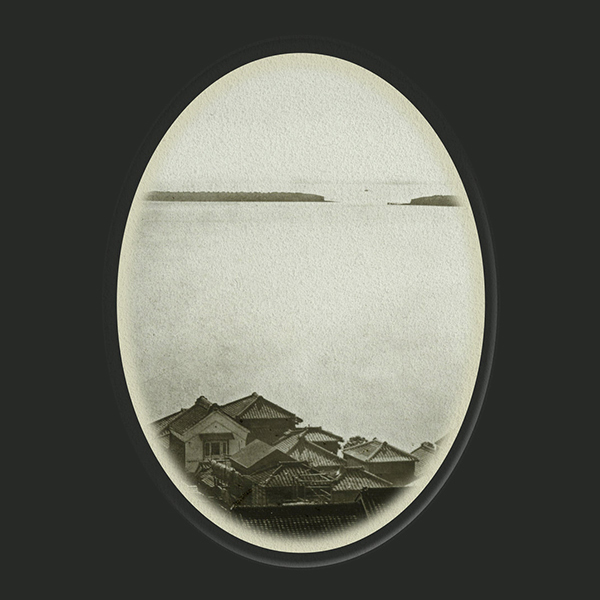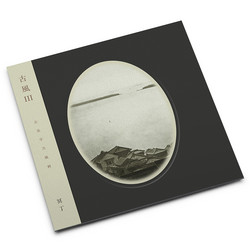Meitei - Kofū III
Back in 2018, we became enthralled by “Kwaidan”, the debut LP of Meitei, a mysterious sonic immersion in echos of Japanese culture and history, reformed into bubbling tapestries of electronics, texture, and tone. Reaching wide acclaim, this was followed by 2019’s equally noteworthy follow-up, “Komachi”, and then by the first two instalments of the stunning “Kofū” triptych, released by the Singapore and Tokyo-based imprint, Kitchen. Label, which radically expanded the artist’s singular universe of mystery and myth. Now, just over two years down the road from its predecessor, Meitei returns with “Kofū III”, the final instalment of the series. A warbling, ghost-like tapestry of sonority - issued in a limited 180g vinyl edition, housed in debossed sleeve with capped obi, and containing a 32-page booklet with English and Japanese texts by Meitei himself, as well as in a deluxe CD edition no less captivating - it’s an absolutely stunning way to round a pretty amazing year.
Meitei / 冥丁 is the moniker of Japanese producer, composer, and musician Daisuke Fujita. The project stemmed from a preoccupation with the customs and rituals of his country’s past, and a desire to cast light on an era and aesthetic that he noted was drifting out of the collective Japanese consciousness with each passing generation, what he calls "the lost Japanese mood".
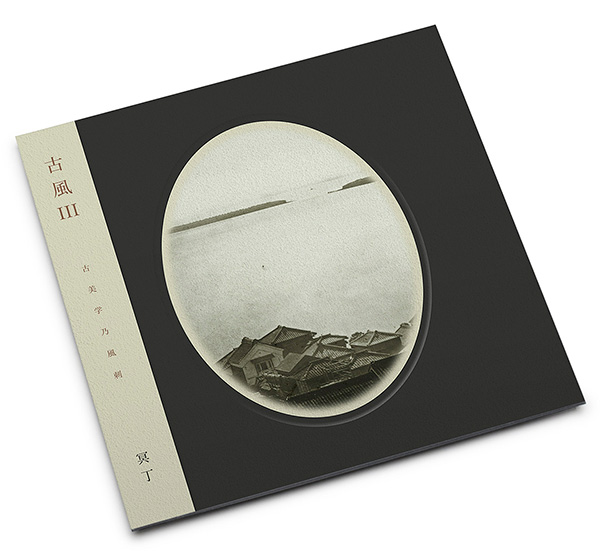
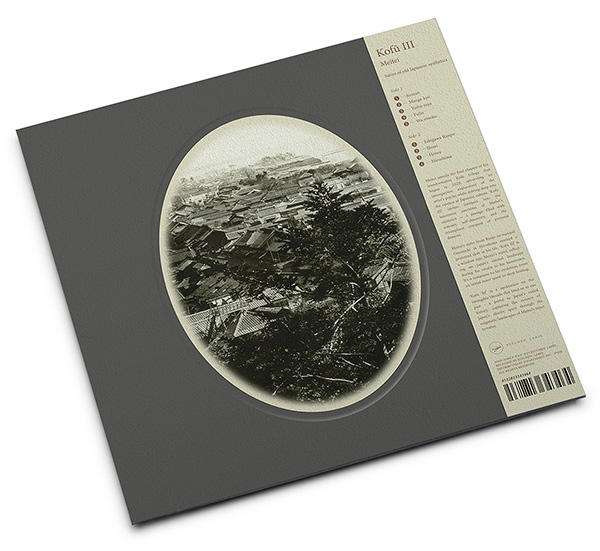
First came “Kwaidan”, a study into the lost art of Japanese ghost story-telling, followed by “Komachi”, an attempt to capture a fading sense of cultural ambience, before reaching its culmination with the “Kofū” trilogy, a fascinating “satire of old Japanese aesthetics”, that defied expectations set by its two predecessors through its brilliantly deconstructive approaches. With “Kofū III”, this exploration reaches its full realisation - concluding the journey that began in 2020 - weaving musical landscapes that transcend temporal bounds. Each track vividly paints bygone eras and vignettes, drawn from rich tapestry of Japanese literature and states of mind.
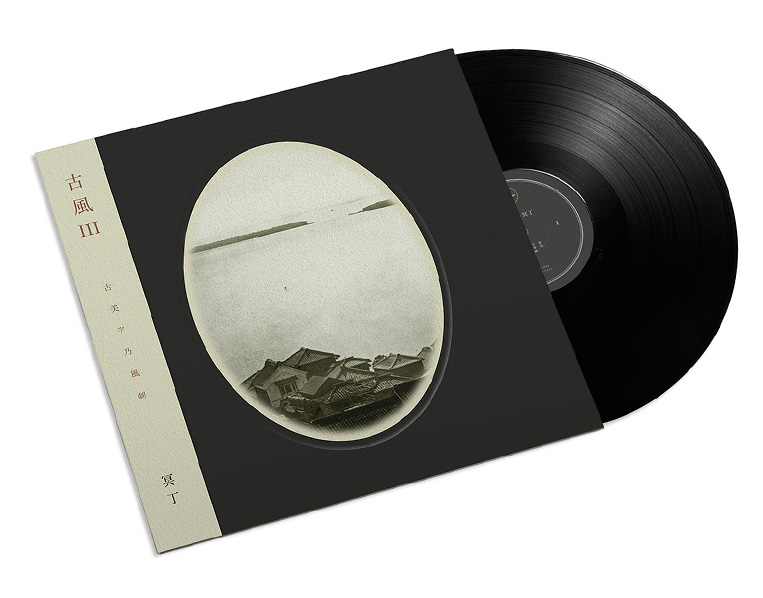
“Kofū III” is a stunning hybrid of sampling / musique concrète and experimental electroacoustic music, bursting with spectral vignettes of drawn from impressions of the Japanese landscape and the country’s ghostly past. Perhaps even more so than its predecessors, the album’s nine compositions carry a deep sense of emotional and physiological depth, pulling the listener into the inner workings of Meitei's mind, his quest for states of deep healing, and the Japanese psyche, that culminates as a warbling sonorous impressionism, heavily constructed around piano tones, that deftly balances a palpable sense creative rigour and humorous playfulness, as Meitei traces through loops, acoustic and ambient sounds, pitch-shifted samples, and bristling ambiences and textures, building a strikingly unexpected bridge between the present and past.
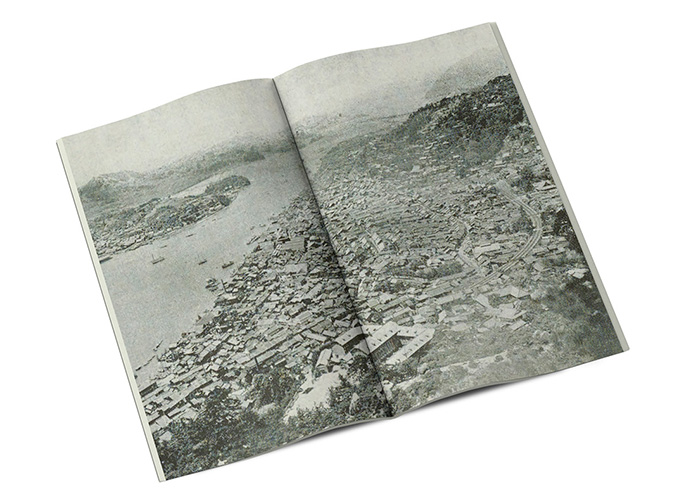
A stunningly beautiful meeting of technological innovation and the antique, in his conclusion to the fantastic “Kofū” trilogy, “Kofū III”, Meitei mines the ghosts of Japanese culture and the depths of the soul, offering the country’s veiled history a new life in the present. Issued in a limited 180g vinyl edition, housed in debossed sleeve with capped obi, and containing a 32-page booklet with English and Japanese texts by Meitei himself, as well as in a deluxe CD edition no less captivating, whether you’ve been following the series / Meitei’s work over the past five years, or encountering it for the first time, it’s a masterstroke that can’t be missed.
